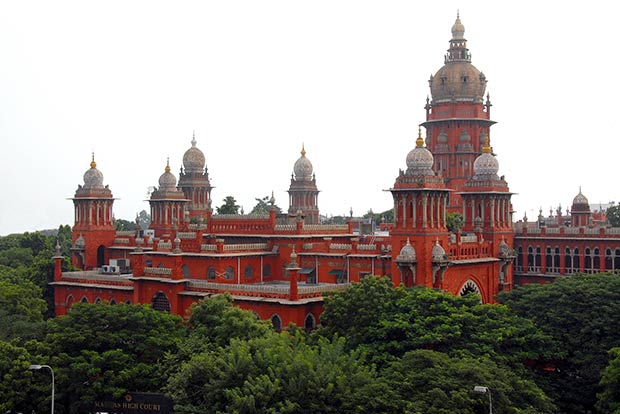Begin typing your search...
‘NCTE not to implement new amendments’
There is yet another relief for Teacher Education Institutes (TEI) in Tamil Nadu from the regulations imposed by the National Council for Teacher Education (NCTE) in 2014

Chennai
The first bench of the Madras High Court comprising Chief Justice Sanjay Kishan Kaul and Justice Sundaresan on Tuesday directed NCTE to desist from initiating punitive action against TEIs in the state if they have failed to adhere to amendments relating to teacher-student ratio and academic facilities.
Tamil Nadu Self-financing College of Education Management Association represented by its Secretary S Vijayakumar had submitted that NCTE on December 1, 2014, had modified some of the provisions in the regulations which were in force since 2009 and sought to implement them within 21 days.
The changes related to infrastructural and instructional facilities, enhanced the size of endowment and reserve fund, qualification of teaching staff, curriculum and implementation strategies. He further noted that among the new regulations, the duration of B.Ed and M.Ed programmes which all along had remained one year, had been enhanced to two years. Describing this as arbitrary, he claimed that if a student wanted to become a graduate teacher, the person had to undergo 10+2+3+2+2 and in the event of someone wanting to be a Post-Graduate teacher, the student had to undergo courses right up to the age of 26.
Thereafter, the person had to qualify in teacher eligibility test as prescribed under the Free and Compulsory Education Act. This meant that a student had to spend nearly 28 years to become a teacher, “which will make it difficult for students especially women to settle in their life.”
Counsel for the petitioner Advocate R Sureshkumar listing other serious grounds, which were grossly impractical, argued that whenever a statutory body or a competent authority especially dealing in academic activities intended to bring in some new procedures, that could not be pressed into service all of a sudden. He submitted that NCTE seeking all the existing institutions to submit within 21 days the strict adherence of the new norms as well as the new NCTE regulations, as a condition precedent for giving a revised order of recognition was nothing but an arbitrary exercise of power.
Visit news.dtnext.in to explore our interactive epaper!
Download the DT Next app for more exciting features!
Click here for iOS
Click here for Android
Next Story



